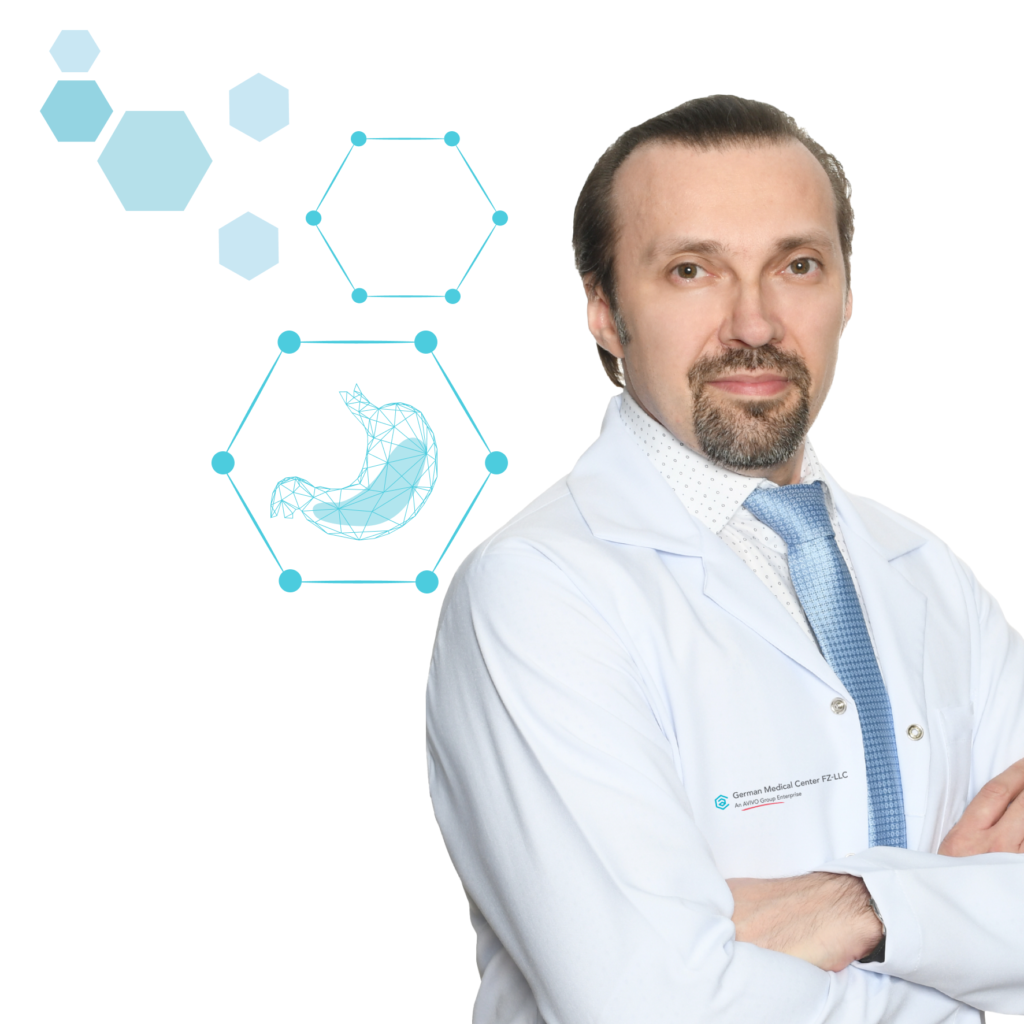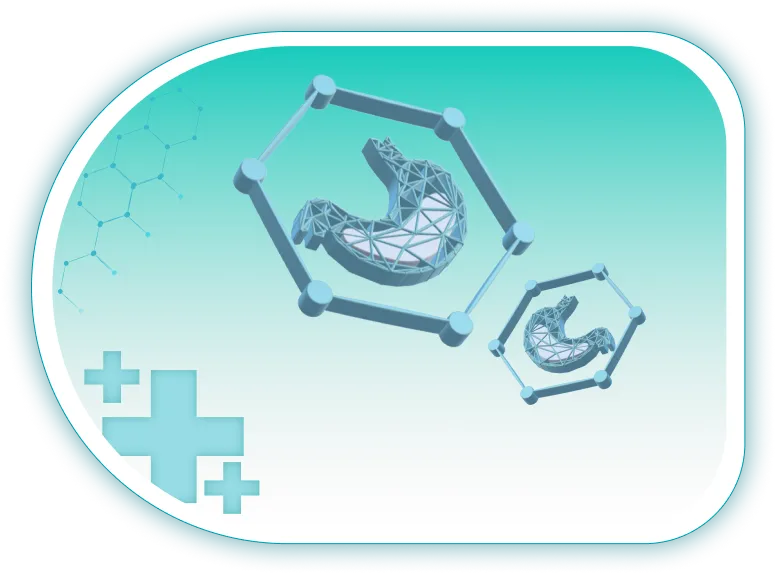
Dr. Sebastian Cuzincu
Gastroenterology and Internal Medicine





Feeling nauseous, vomiting, or experiencing stomach cramps? Food poisoning occurs when harmful bacteria or toxins contaminate food, causing digestive distress. At German Medical Center, we provide quick and effective treatments to ease your symptoms and prevent complications. Don’t suffer longer than necessary—let our expert team help you recover swiftly and get back to feeling your best.
By booking an appointment with German Medical Center.
Our team of experts are passionate about providing only the best quality care and treatment to their patients.

Gastroenterology and Internal Medicine
The symptoms of food poisoning can vary depending on the type of contamination and the severity of the infection. However, some common acute symptoms of food poisoning include:
It is important to note that some people may not experience any symptoms at all, while others may have more severe symptoms that require medical attention. If you suspect that you have food poisoning, it is important to stay hydrated and seek medical advice if your symptoms persist or worsen.
Food poisoning is caused by consuming food or drink that is contaminated with harmful bacteria, viruses, parasites, or toxins. Some common causes of food poisoning include:
It is important to practice safe food handling and preparation techniques to reduce the risk of food poisoning. This includes washing hands and surfaces regularly, cooking food to the appropriate temperature, storing food at the correct temperature, and avoiding cross-contamination.
The treatment options for food poisoning depend on the severity of the symptoms and the cause of the contamination. In most cases, food poisoning resolves on its own within a few days, but there are several treatment options and medicine for food poisoning that can help alleviate symptoms and speed up recovery. Here are some common treatment options:
It is important to seek medical attention if your symptoms are severe or if you have underlying medical conditions that put you at a higher risk for complications. In addition, if you suspect that your symptoms are due to food poisoning, it is important to identify the source of the contamination and take steps to prevent further exposure
If you are experiencing abdominal gas and bloating, it's important to take action to alleviate your symptoms....
The symptoms of stool with blood and pain, also known as rectal bleeding, can vary depending on the underlying cause....
Jaundice is a medical condition that occurs when the level of bilirubin, a yellowish pigment produced during the breakdown of red...
No results found.

Partner with:
Partner with:


German Medical Center is one of the leading medical institution in Dubai formed by a group of specialists who are passionate about providing the personalized care tailored to the patient's unique needs.
Fill out our easy online form to book an appointment with German Medical Center. Our team of experts is dedicated to providing you with personalized care and guidance every step of the way. Don't wait, take charge of your well-being and schedule your appointment now!